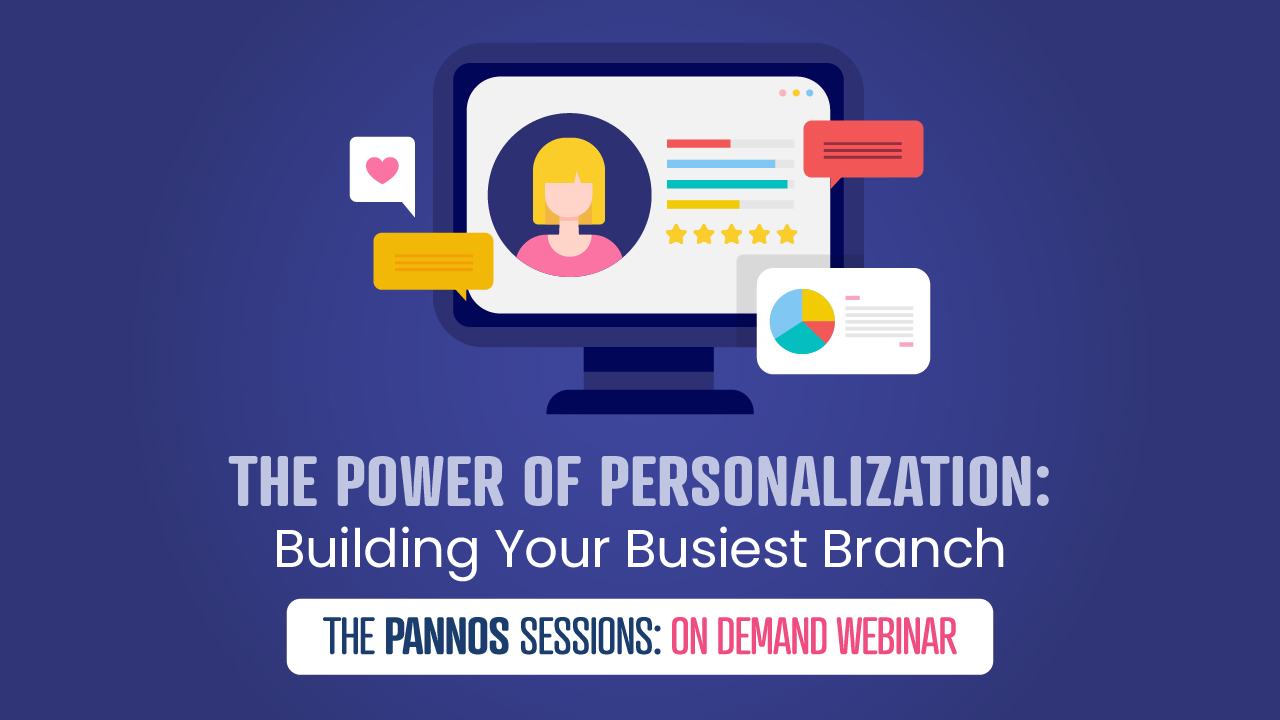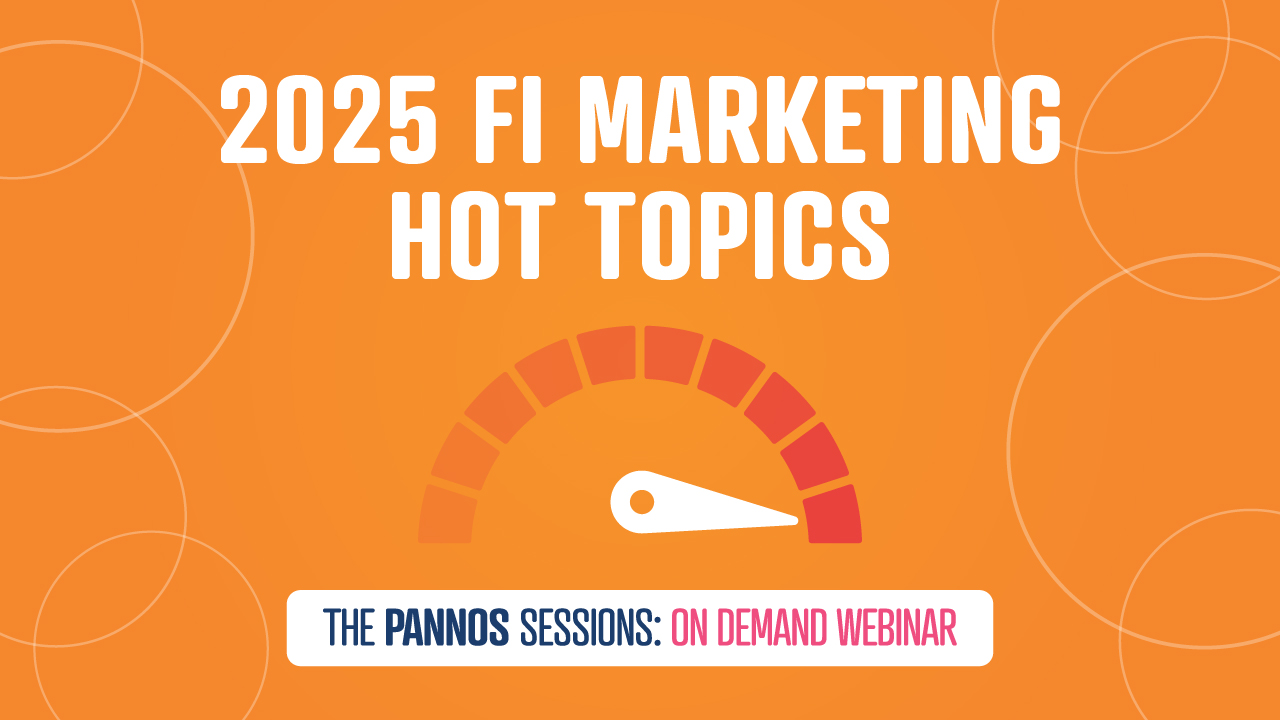
December 18, 2023
As fellow marketers, we know keeping up with the trends can be a challenge. Not only have we seen AI change the way we approach marketing, we’ve also seen the role it plays in SEO and customer expectations. We know change can be difficult, but when we’re able to have c-suite and marketing on the same page to work together, the possibilities are endless. Below are the top 3 trends we saw in FI marketing in 2023 and the impact they have had on the industry:
The Artificial Intelligence Revolution
The thing about artificial intelligence (AI) is that it is a multifaceted tool. Marketers have been using AI in several different ways over the last few years, like combining technology with data from customer experience to provide detailed insights on a customer’s journey. However, this is not the only way marketers are able to incorporate AI into their marketing strategies.
AI drives social platform algorithms to determine what content consumers see on their timelines. It even plays a role in how ads are served on different platforms and helps to determine which ads are best for different audiences. Programs like ChatGPT are now helping marketers to work smarter, not harder, by generating content that can then be proofed and published on their websites. Want to learn more about AI? Check out our webinar!
The State of SEO
AI is playing a significant role in SEO, and over the last year has been doing a lot of work for searchers through Generative AI. Generative AI is a technology that can create new content based on the data it was trained on. In terms of search, this means that a search engine (Google, Bing) can generate a summary in response to a query. This feature generates a summary at the top of the search page, meaning users don’t have to scroll to look for results.
Microsoft Bing led the industry this year early in February when they integrated the AI-powered chatbot ChatGPT into their search engine. Google also rolled out their own generative AI called Search Generative Experience (SGE) that is available for select users – however Google does warn users that they are still in an experimental phase and the quality of information may vary.
Although this helps consumers with their searches, it can hurt FIs because they are finding the information they need in the summary and may be less likely to click through to your site. Users still prefer to consult an authoritative source, so FIs can position themselves by adding valuable content to their websites.
Customer Experience Matters
No matter what customers are searching for, they expect a personalized experience that directly addresses their needs. With that said, marketers need to look at customers as a whole, and not just focus on campaign only methods since customers interact with a brand through several different channels.
To better understand a user's experience, you need to create a customer journey map. A customer journey map is a visual representation of how a customer acts, thinks, and feels through the buying process and can be a valuable tool for creating a cohesive experience. Want to learn more about customer journey mapping? Check out our blog!






